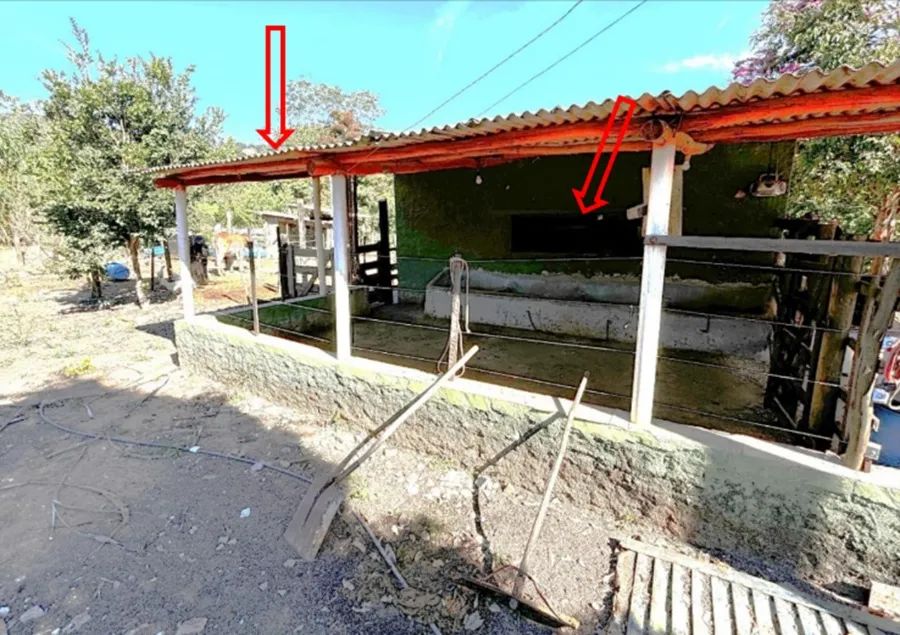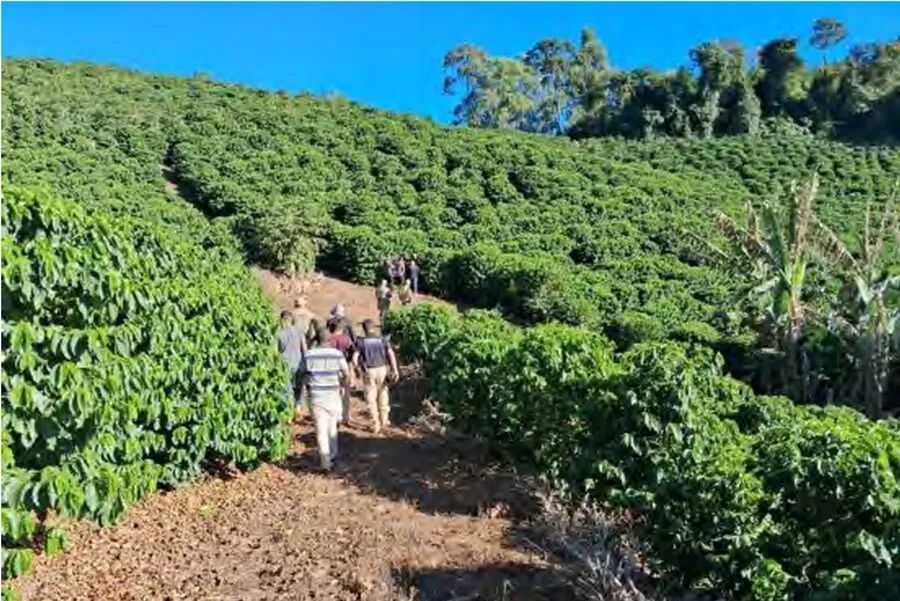The Brazilian Ministry of Labor and Employment (MTE) recently updated its list of slave - labor employers. Four coffee producers of Cooxupe, the world's largest Arabica coffee cooperative, were found to be using forced labor in production and were included on the blacklist of the Labor Ministry. After learning of this news, Cooxupe terminated its cooperation with these four producers.
Cooxupe is a large - scale coffee cooperative in Brazil and the world's largest Arabica cooperative. It has more than 19,000 members. 31% of Cooxupe's members' coffee comes from family farms, and 28% comes from small - scale producers. The cooperative accepts coffee produced in more than 300 cities within its business scope. These cities are located in southern Minas Gerais, Serra do Mineiro, Matas de Minas, and the Pardo River Valley in São Paulo.
The Labor Ministry's handling of this situation was based on its routine inspections of workplaces in the previous year. A total of 36 people were found to be working under forced - labor conditions among these four coffee producers, leading to the above - mentioned penalties.
Labor inspectors found a 16 - year - old boy picking coffee bare - foot at the Córrego do Jacu and Paquera farms in Juruáia, Minas Gerais. The case was reported to the authorities. The labor inspector learned that the minor was brought to the coffee farm by a labor broker, traveling more than 850 kilometers from Chapada do Norte in the Jequitinhonha Valley region. The boy told the labor inspector that because he was under 18 years old, he was required to stay on the farm and not go out. However, he still secretly ran into the city to play after work and was punished by being made to work alone. At the same location, other farm workers did not have enough drinking water. One day, the only water tank on the farm broke down, and the workers did not have a single sip of water from 7 a.m. to 5 p.m.
At another farm belonging to a Cooxupé member, 11 workers were rescued by the Labor Ministry from the Cachoeirinha farm in Nova Resende. They were picking coffee for producer Vagner Freire da Silva to supply to Cooxupé, but these workers had not received their full wages for two months.
At the Barra Doce farm owned by Leandro Aparecido Machado in Altinopolis, five farm workers who had not signed labor contracts were rescued. Four of them were found living adjacent to the cowshed, and their dwelling had a makeshift window that led directly to the cattle pen. "This is so degrading. It's like being treated like an animal," an rescued farm worker told Brazilian reporters angrily. "I was shocked when I got there. You never think you'll go through something like this. It's so humiliating." At the same time, the farm required workers to pay for the sacks for coffee beans and the strips of cloth to tie the sacks.

The situation found by labor inspectors at the Ouro Verde farm in Camundó do Rio Claro was even more outrageous. Producer Lene Francisco Vilela da Silva made 14 workers live in the same room, with only plastic sheets separating their "rooms." A woman was required to live in the same makeshift room with three other people, one of whom was a man. The Labor Ministry determined that this was a slave - like working condition and fined the producer.
After learning of the authorities' penalty decision, Cooxupe immediately stopped purchasing coffee beans from these four producers and also immediately halted the coffee - harvesting plans in progress at these farms.
In November last year, a Chinese - funded automotive enterprise building a factory in Brazil encountered law enforcement by the Labor Ministry. More than 100 Chinese workers had their passports confiscated and were not allowed to go out. They lived in the same simple shed, and more than 100 people shared one toilet, which was reported by the Brazilian Labor Ministry. Soon after, the Chinese - funded enterprise said it was a misunderstanding. Different countries have different national conditions. What is a common practice in one country may be an illegal act in another. No matter where one produces, it is necessary to produce in strict accordance with local laws to avoid legal disputes.

